NOBEL WINNER WORRIED
Now, I ask you, does this man look like a Nobel Prize chemist?
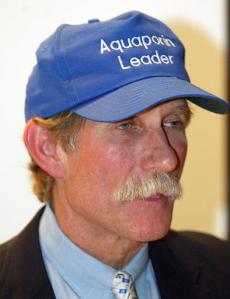
Yahoo! News Photos – Nobel Prizes
At any rate, he’s worried about academic freedom.
One of the two Americans who won this year’s Nobel prize for chemistry said on Wednesday he may use some of his prize money to help defend academic freedoms against restrictions imposed on scientists as part of the U.S. war on terrorism.
“There are some social issues we’re considering, including scientists who are being persecuted around the world and in the United States,” Dr. Peter Agre of the Johns Hopkins University School of Medicine, told Reuters in a telephone interview.
***
Agre and his wife Mary have four children, three in college, and he said he will likely spend much of his winnings on education costs.
But he underscored the importance of supporting social issues involving science, specifically citing the criminal case of Texas plague expert Thomas Butler who has been charged by federal authorities after he reported he lost some plague samples. Prosecutors said he illegally transported samples from Tanzania and lied to the FBI about how he disposed of them.
The case, born out of national security restrictions imposed on scientists after the Sept. 11, 2001, attacks, has already brought a number of prominent scientists to Butler’s defense saying he did nothing different than other scientists. Butler has pleaded not guilty to the criminal charges.
“He was arrested and taken away in chains … This is something that’s bothered many of us,” Agre said.
Interesting.

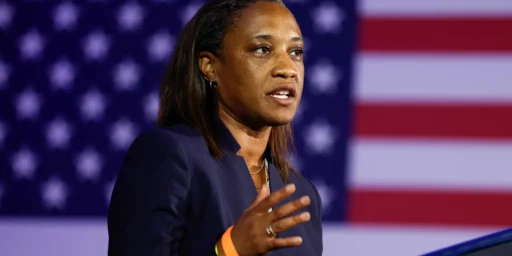
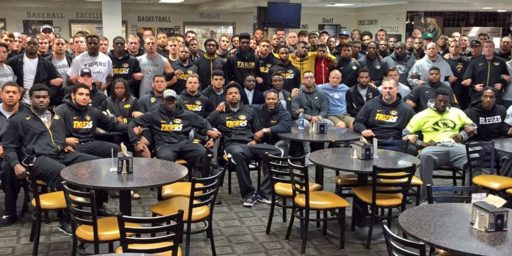
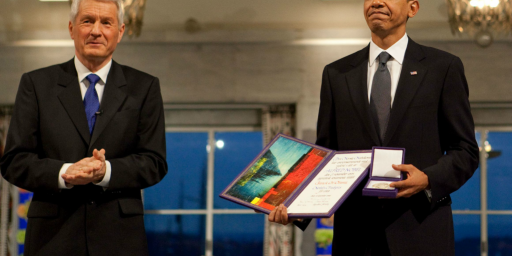
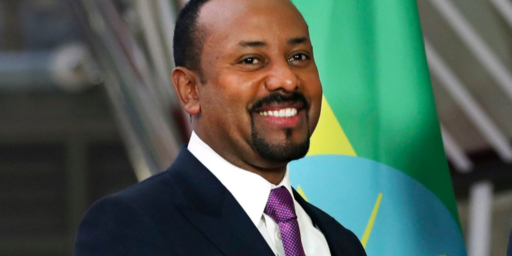

The panic over national security and the inherent problems with the ease of which chemical and biological weapons can be created (see any blog post on the latest “revelations” of our own government surplus sales) is a big pickle. I don’t think the knee jerk reaction of “close it down” is going to work – we don’t rule the world.
Unfortunately, the world isn’t in a state where we can be relatively assured that wackos wouldn’t be tempted to use it to make whatever sick point they’re trying to make.
Even worse, by “closing it all down”, we take the free market out of the equation, and not only do we really screw with the economic benefits, we also screw with the very process that comes up with defense and management advances (detection, prevention, treatment).
Problem is (from my commie, liberal, saddam coddling POV) is that the *only* strategy coming from the People Who Control Everything(tm) is the knee jerk “close it down” strategy.
After all, aren’t all the academics whining about this liberals? And no one listens to their treasonous talk.
The flip side is that calling the act of losing plague samples “academic freedom” is a bit of a stretch.
Doing dumb things and breaking the law is not acceptable if you do it while you are doing research.
I am not familiar with the case directly and I feel for the scientist but it sounds like he goofed and wants the fact he is a researcher to be his get out of jail free card.
This is why we have judges. Hopefully his will have a brain and act accordingly. I’d don’t think from this description he should do hard labor but I don’t think we should ignore these things either.
P
It’s not surprising that academics and scientists take the view that mistakes made by fellow academics and scientists aren’t really so bad. (Though I have a feeling that most scientists do not, in fact, routinely misplace their plague samples.)
But it’s rather silly to expect that scientists working with potentially dangerous materials and research would be not be affected by the very real need for greater security. The bad guys aren’t going to overlook an opportunity to steal their resarch out of a sense of fair play.